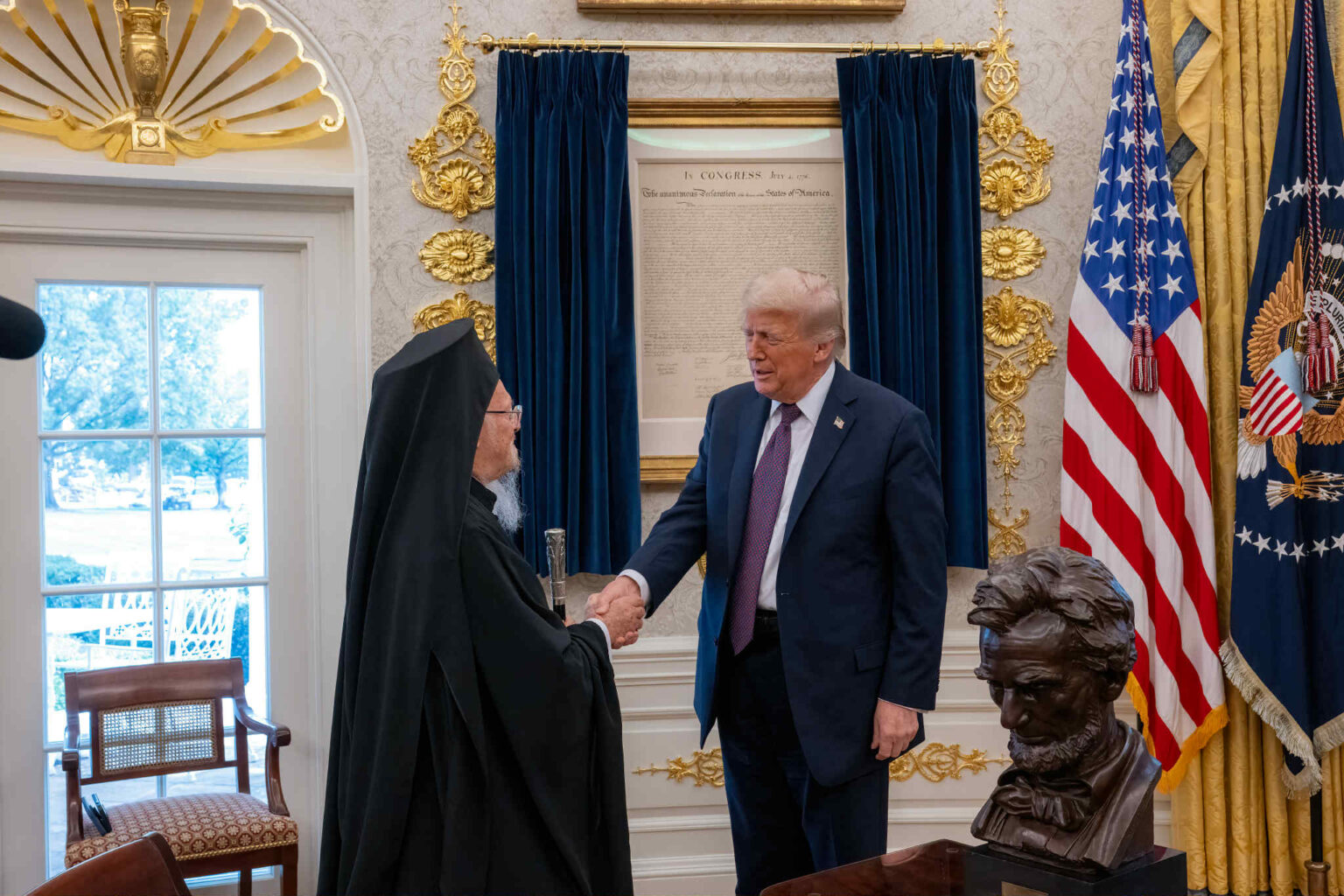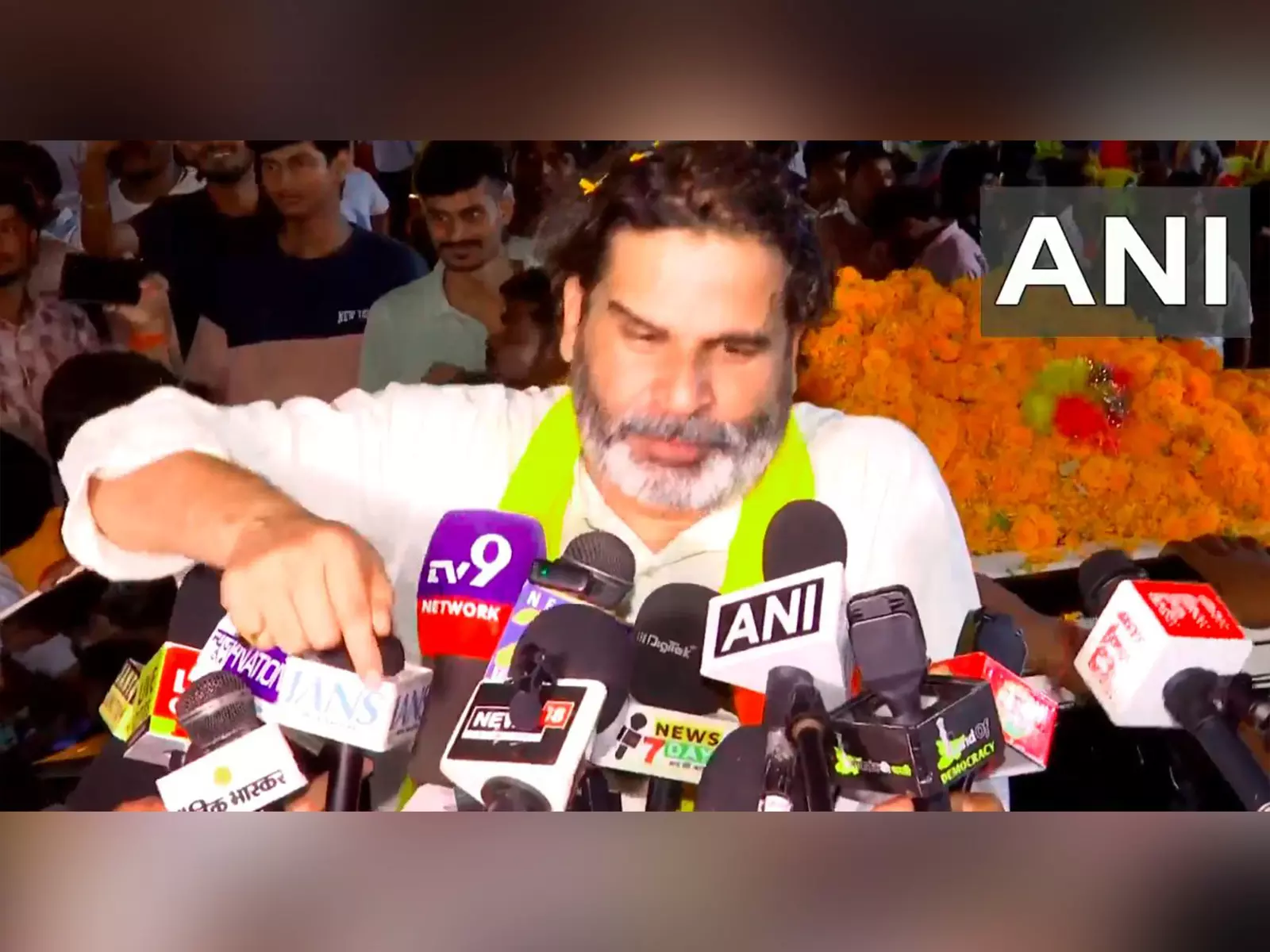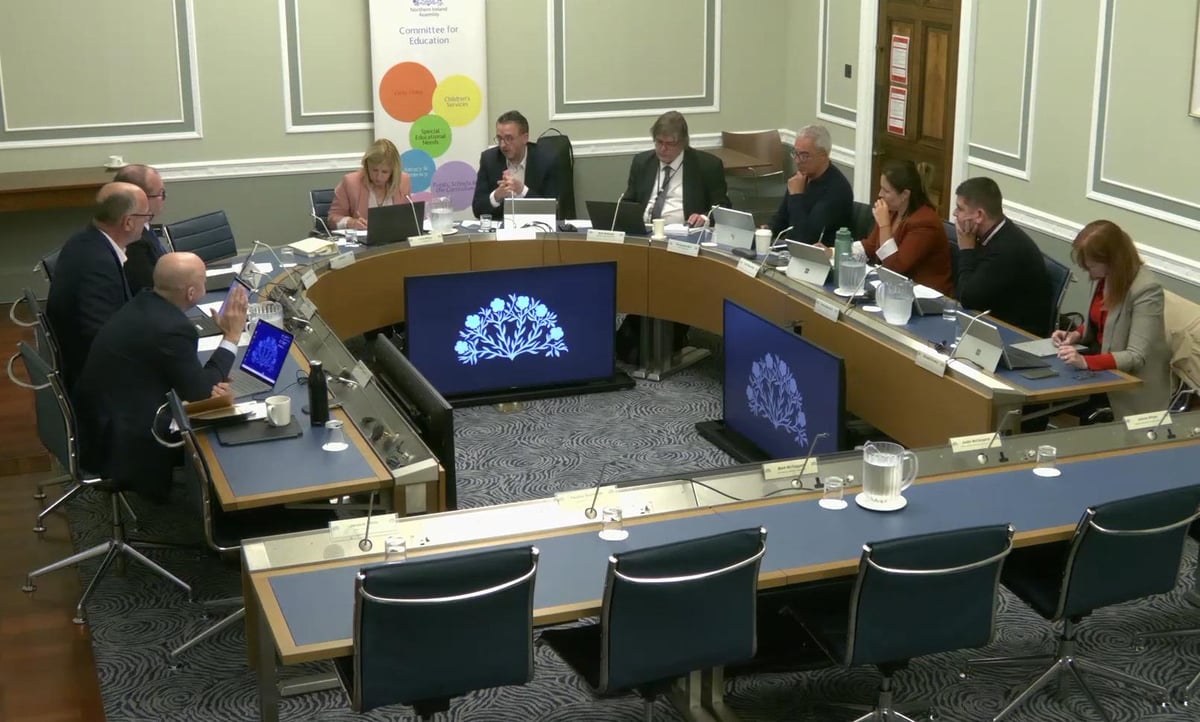By Antonis
Copyright thenationalherald

The central issue raised by Ecumenical Patriarch Bartholomew with President Trump during their White House meeting was the reopening of the Halki Theological School. This historic institution, founded in 1844 on the island of Halki — one of the Princes’ Islands in the Bosporus — has been the cornerstone of theological education for the Ecumenical Patriarchate. It was forcibly closed in 1971 when Turkey suspended the operation of all private higher education institutions, including theological schools.
President Trump expressed genuine interest and inquired how he might help. The Patriarch asked him to raise the matter with the Turkish President in their upcoming meeting. Indeed, in that meeting, Trump told Erdoğan — who appeared visibly perturbed — that the “Greek Orthodox Church” had requested him to address the issue of the Theological School. Erdoğan replied only that “we will do what is appropriate on our part,” without clarifying what that means or under what conditions. Meanwhile, it is well known that Turkey is demanding “mutual concessions” from Greece on Thrace — concessions that would infringe upon Greece’s sovereign rights.
Regardless, Trump’s mention of the Halki Theological School marks a historic moment for our community. It demonstrates the close relationship and influence the community has cultivated with the American President — influence likely unparalleled in the past.
Yet something crucial is missing from this picture. This absence is not merely the lack of lay representatives from the community— an omission that understandably might have puzzled President Trump. More importantly, there was no mention of any other pressing issues of Hellenism, from the Cyprus question to the Aegean issues. This omission should give us pause for reflection.
The significance of the Halki Theological School for the Patriarchate and for the Greek diaspora cannot be overstated. The consequences of its closure are evident to all. However, the time has come to raise publicly what has long been discussed in private: should the political influence of our community in the United States be dedicated to a single issue of the Theological School? And should Greece’s foreign policy be held hostage to the fate of one institution?
Over the fifty-four years since its closure, many efforts have been made, and numerous promises offered — none of which have borne fruit. It is to be hoped that, through President Trump’s mediation, the School will finally reopen and fill with students — though that remains uncertain. However, it is clear it will not fill with students from Constantinople, as there are not many. Thus, if it does fill, its student body will come from outside Turkey.
This raises an important question for discussion: why not establish the Boston Theological School — with the necessary academic improvements — as a successor? Why not have the Patriarchate’s Theological School operate freely in America, playing the same vital role as the Halki School did: providing the Patriarchate with future leaders and communities with well-educated, Greek-fluent clergy?
Certain matters concerning the Patriarchate have been considered “off-limits” for discussion for a long time. Yet the time has come that realism and the future of the Greek diaspora demand that these issues be placed openly on the table.



